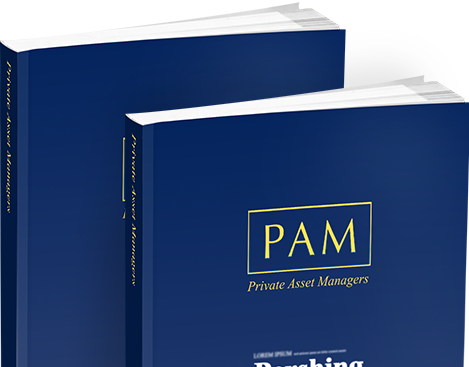Offshore insurance policies have increased in attractiveness in recent years, because of the reduced opportunities for tax planning for UK resident and domiciled individuals through other structures and because competition has both widened the range of bonds on offer and reduced the costs.
A benefit of investing in an offshore life insurance bond is the ability to defer tax on income and gains generated by the life assurance company. If you invest in offshore bonds, you do not pay tax until the money is withdrawn. This allows funds within offshore bonds to grow virtually free of tax and to benefit from reinvestment of income and gains on a gross basis. You can withdraw five percent of the original premium paid each year without being subject to tax and roll over any unused allowance. Surplus funds are taxed when the bond is cashed in. It is important that the bond is not categorised as a 'personal portfolio bond', otherwise an annual tax charge is imposed.
A downside is that, when the offshore bond is cashed in, the capital gains and income may be taxed at your marginal rate of income tax. A higher rate taxpayer will pay tax on an offshore bond gain at 45 percent whereas the same individual will suffer only an 28 percent tax charge on capital gains on the disposal of assets held personally. You can reduce the tax bill, however, by timing the redemption of your money from the bond. For example, if you retire abroad and cash in the bond after you have left the UK, then your tax bill may be reduced.
An offshore bond can be written with multiple lives assured. If the bond is held in trust, during the tax year following the death of the individual, the income tax charge will fall on the UK trustees of the trust. Alternatively, the trustees could assign the policy to a UK beneficiary who could cash it in and pay income tax at his or her rates, which may be lower than the trustee's rate. This works best when you assign the bond to a spouse or adult children who are in a lower tax band than yourself.
Another advantage is that if you switch between funds within an offshore bond then you do not pay CGT on any gains that may be generated. Furthermore, as a non-income producing asset, you do not have to return an offshore bond on your self-assessment form until there is a chargeable event.
Resident non-UK domiciled investors in offshore bonds need to remember that if they cash in the bond during their lifetimes the profit is taxed on an arising not a remittance basis.
The PAM Directory is a comprehensive guide on comparative data focusing on asset managers, investment managers, private banks, stockbrokers, wealth managers and multi-family offices, who provide discretionary and/or advisory portfolio management services for private clients.
Order Now
Subscribe to PAM to hear about the latest news and promotions
Site Content Copyright PAM Insight Ltd 2016
This option is not available when logged in as a Private Asset Manager.
For registering with PAMonline. You should now receive an email asking you to verify your email address. If you do not receive this email, please call +44 (0)207 967 1601 for assistance.
To reset your password please enter code below.
To restore your password please enter your email below.
To see full information of the Private Asset Managers, plus the opportunity to rate and follow, login or register
For registering with PAMonline.
You should now receive an email asking you to verify your email address.
If you do not receive this email, please call +44 (0)207 967 1601 for assistance.
To return to the Home page, click here
To see full information of the Private Asset Managers,
plus the opportunity to rate and follow, login or register.
Please fill in all the fields.
To activate your account enter valid activation code below.
To resend activation email type in your registered email address below. Or contact the PAM office on +44 (0)20 7967 1608 to get instructions to activate your account.
